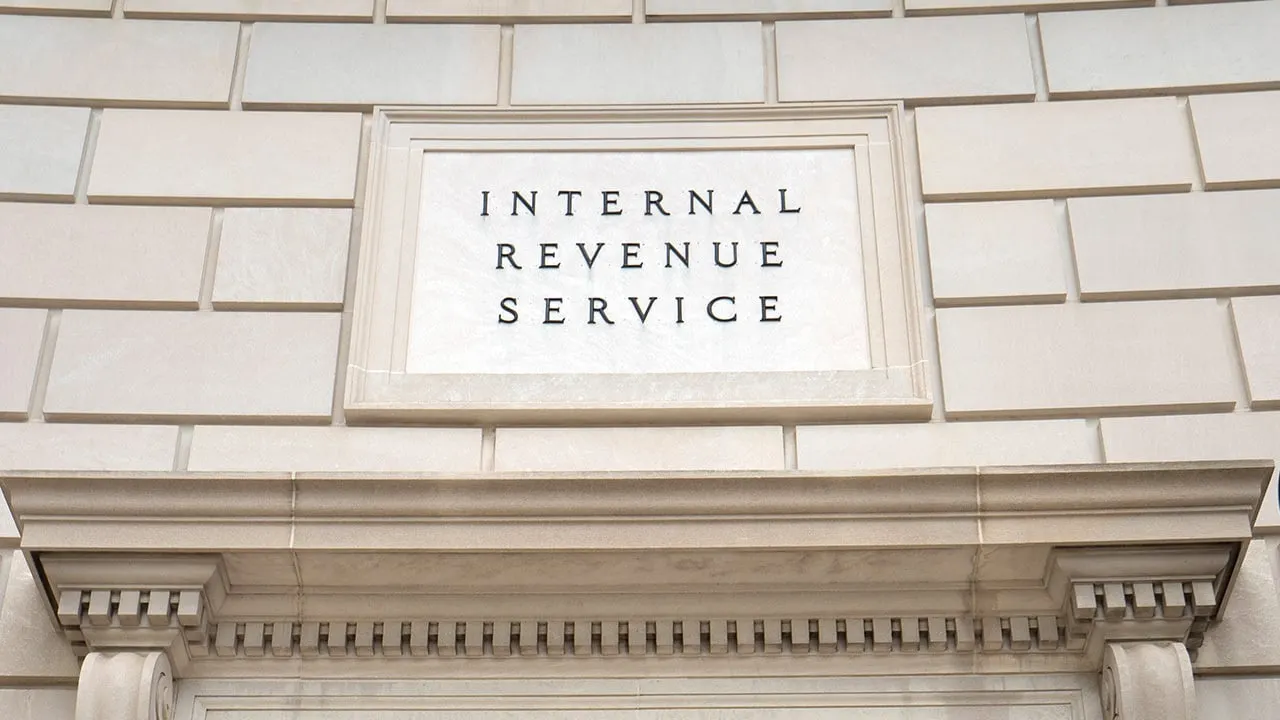U.S. tax authorities have unveiled a revised form for crypto investors, with the aim of simplifying digital asset holders’ taxes.
The 1099-DA, released as a draft on Friday, offers more “ease and clarity” to tax filers with crypto investments, the IRS said Friday in a statement. The revamped form omits requirements from its previous iteration, including questions that some digital asset proponents considered intrusive to crypto holders’ privacy.
Most notably, the latest version of the form no longer asks for filers’ crypto wallet addresses and transaction IDs, the latest version of the form shows—nor the time crypto transactions took place pertinent to their investment activity for the given tax year.
Additionally, tax filers who serve as crypto brokers do not have to specify which type of broker they are.
While the latest 1099-DA revisions will mitigate some privacy concerns for digital asset investors, there is more the U.S. tax authorities can do to make the filing process simpler for these investors, Andrew Rossow, CEO at AR Media Consulting, told Decrypt.
“The new form may address some of these issues but doesn't necessarily solve the underlying challenges of tax compliance in the crypto space,” Rossow, who is also an attorney with Minc Law, said Friday. “The crypto tax landscape remains complex for both individuals and businesses, especially with SEC/CFTC still debating swimlanes.”
In addition, he said, the IRS appears to be focused only on the most mainstream avenues, despite the diversity of the broader crypto market.
“The focus on centralized exchanges like Coinbase and Kraken certainly overlooks the burgeoning DeFi ecosystem, which, as we know, operates on fundamentally different principles,” Rossow said. “This could create an uneven playing field and stifle innovation in the crypto industry.”
The IRS could not only add compliance costs for crypto businesses, he added, but the collection of data could create new risks.
“The government's increasing access to financial data could lead to overreach and unintended consequences,” Rossow warned, noting possible data breaches and identity theft.
The U.S. first unveiled its draft 1099-DA tax form for crypto investors in April 2024. Members of the public have 30 days to give their input on the latest 1099-DA draft, according to the IRS.
It remains unclear when the final version of the form will be released. The timing of the revamped 1099-DA's debut also remains uncertain, but it is widely thought the form will begin being used for the 2025 tax year.
The IRS did not immediately return a request for comment from Decrypt.
Edited by Ryan Ozawa.

